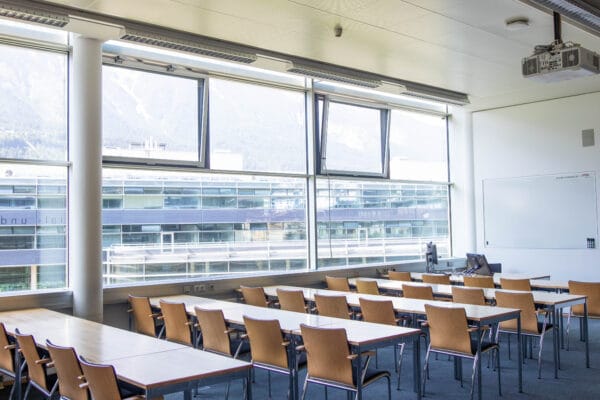
NAME:
MCI - SR 303
BUILDING:
Management Center Innsbruck
FLOOR:
3
TYPE:
Seminar Room
CAPACITY:
54
ACCESS:
Only Participants
EQUIPMENT:
Beamer, Handicapped Accessible, PC, Sound System, Whiteboard, WLAN (Eduroam), Microphones
Remote fieldwork is a fundamental aspect of cryosphere research in the physical and social sciences. While studies in polar sciences have shed light on the barriers and complex challenges faced by emerging and early-career researchers from underrepresented groups, similar discussions remain scarce in other remote mountain environments, such as the Andes and Antarctica. This study extends previous work conducted in polar regions to the Andes, a region with distinct sociocultural dynamics, identities, and histories. Despite increasing diversity in scientific communities, barriers to equitable participation persist. Multiple factors associated with the interplay between people and remote field working environments can escalate, resulting in harmful and unwanted behaviour toward field members and the science they carry out. Through a literature review and an extensive survey that covers multiple aspects, we analysed the experiences of diverse researchers conducting fieldwork in the remote Andean and Antarctica cryosphere. Using existing networks, we gather insights on key challenges, including team dynamics, communication, gendered work expectations, personal safety, and accessibility. As has been done in polar sciences, we aim to determine whether certain fieldwork challenges disproportionately affect underrepresented groups, particularly regarding logistical constraints, sexism, and inadequate support structures. However, given the distinct sociocultural context of the Andes, we also expect to identify new and emerging challenges specific to this environment. Beyond documenting these experiences, our study seeks to foster reflection, debate, and the development of concrete solutions to improve fieldwork conditions.While focusing on gendered experiences, it also contributes to a broader discussion on equity, diversity, and inclusion in Andean and Antarctica cryosphere research. Addressing these challenges is essential to fostering a more inclusive scientific community and improving the quality, accessibility, and impact of Andean cryosphere studies.
